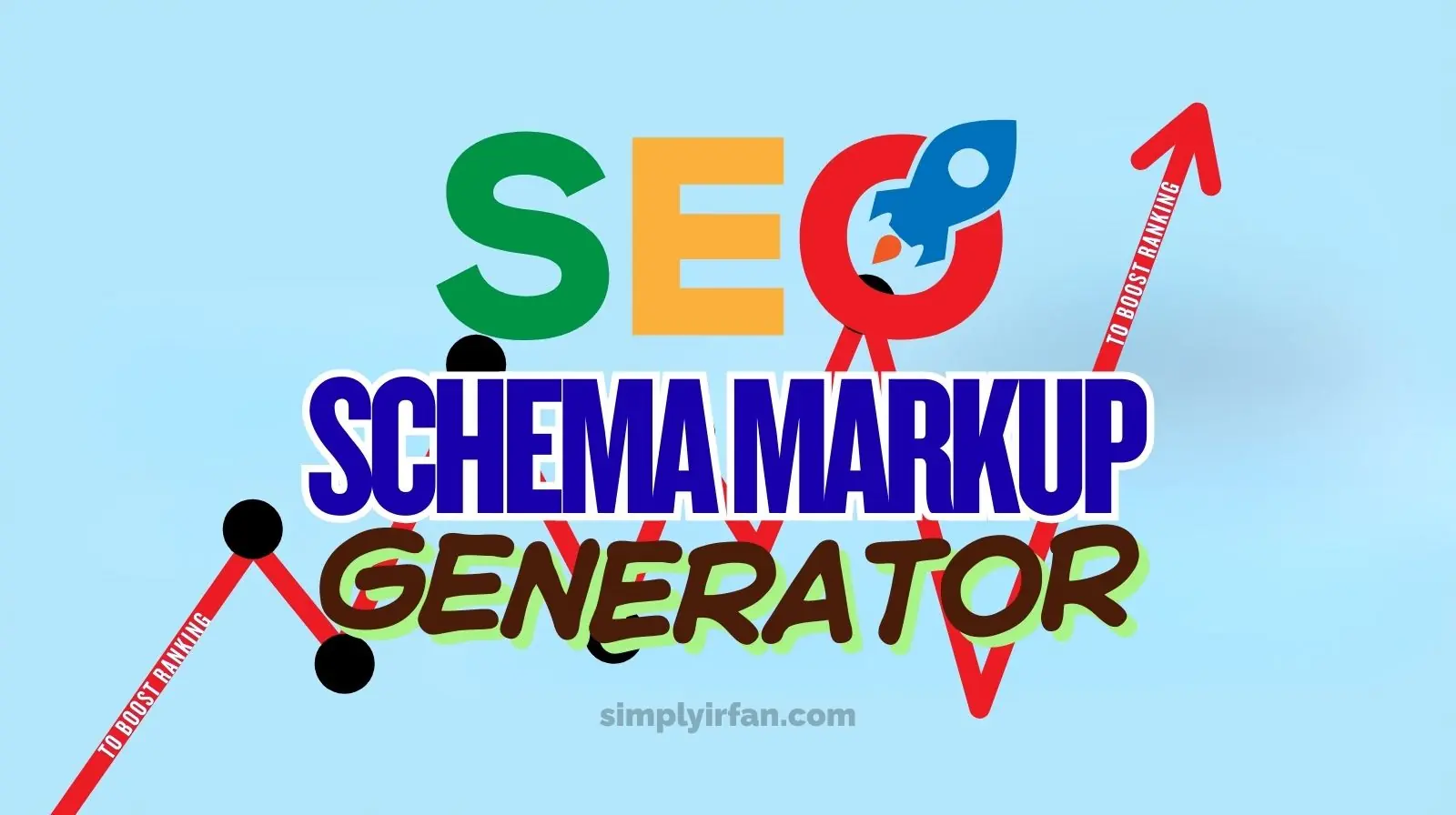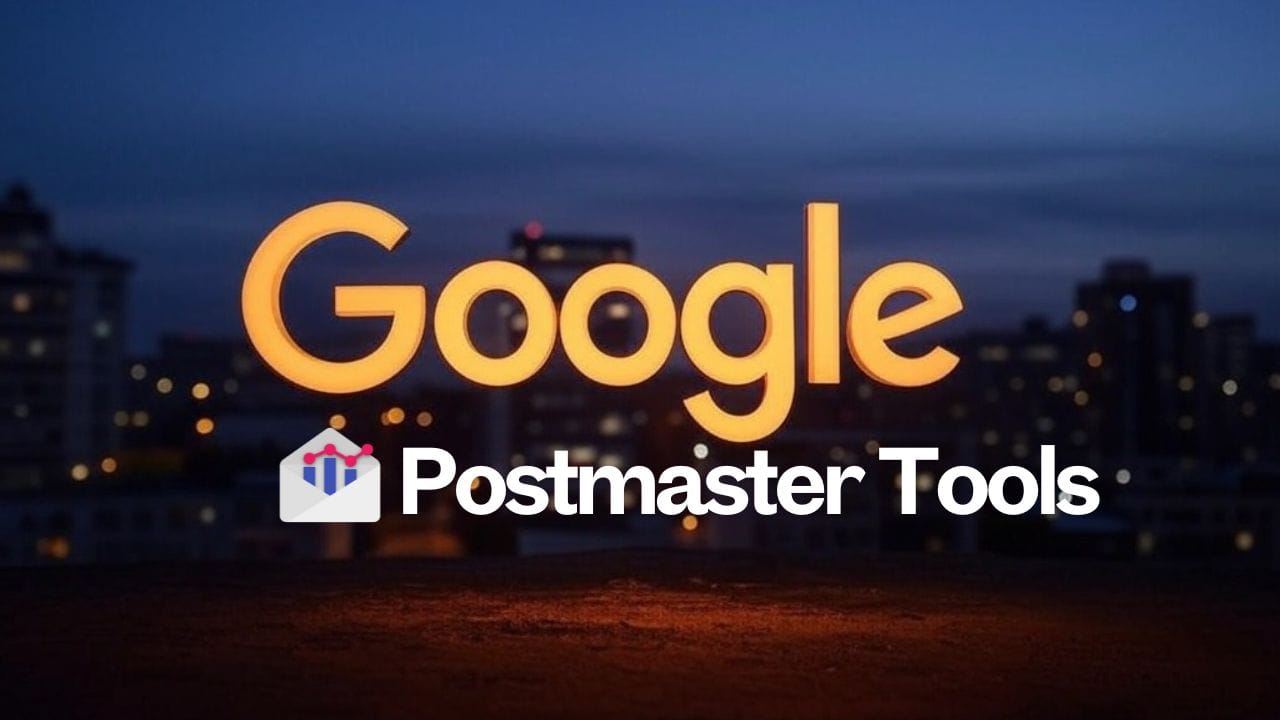Search engines are smart, but they still need help to fully understand what your content is about. That’s where schema markup comes in. Schema is a form of structured data — a special type of code that helps search engines interpret and display your content in a more meaningful way.
Have you ever noticed rich snippets in Google, like star ratings under products, FAQ dropdowns, or event times? Those are powered by schema markup. By adding schema to your website, you give search engines more context, and in return, you improve your chances of standing out in search results.
Our Schema Markup Generator makes this process super simple. Instead of writing JSON-LD code manually, you just fill in a few fields and click “Generate.” The tool automatically creates valid schema markup that you can copy and paste into your website.
What is Schema Markup?
Schema markup is a standardized vocabulary developed by Schema.org, supported by Google, Bing, Yahoo, and Yandex. It’s usually written in JSON-LD format (JavaScript Object Notation for Linked Data).
Here’s why it’s powerful:
- Helps search engines understand your content
- Enables rich snippets (like ratings, FAQs, prices, events)
- Improves click-through rates (CTR)
- Increases visibility in SERPs by enhancing listings
Without schema, your content might still rank, but it looks like plain blue links. With schema, you get rich, eye-catching results that attract more clicks.
Why Use a Schema Markup Generator?
Manually writing schema code is not beginner-friendly. You need to know the correct JSON structure, field names, and nesting rules. One small error, and your schema can become invalid.
Our generator solves this problem:
- ✅ No coding required – just fill out a form
- ✅ Instant schema output in JSON-LD
- ✅ Copy or download ready-to-use code
- ✅ Covers all major schema types supported by Google
- ✅ Free to use – generate unlimited markup
Types of Schema You Can Generate
We’ve included the most widely used schema types so everyone can benefit. Whether you’re a blogger, local business owner, product seller, or event organizer, this tool has you covered.
📝 Schema Markup Generator
Select schema type below and fill in your details directly inside the JSON-LD template.
📄 Article Schema
{
"@context": "https://schema.org",
"@type": "Article",
"headline": "Your Headline Here",
"author": "Author Name",
"datePublished": "2024-01-01",
"description": "Short description of your article."
}
🏪 Local Business Schema
{
"@context": "https://schema.org",
"@type": "LocalBusiness",
"name": "Business Name",
"address": "123 Street, City",
"telephone": "+1-555-555-5555",
"url": "https://example.com"
}
👤 Person Schema
{
"@context": "https://schema.org",
"@type": "Person",
"name": "Full Name",
"jobTitle": "Job Title",
"url": "https://example.com/profile"
}
🌐 Website Schema
{
"@context": "https://schema.org",
"@type": "WebSite",
"name": "Website Name",
"url": "https://example.com",
"description": "Your website description."
}
❓ FAQ Schema
{
"@context": "https://schema.org",
"@type": "FAQPage",
"mainEntity": [
{
"@type": "Question",
"name": "Question 1?",
"acceptedAnswer": {
"@type": "Answer",
"text": "Answer 1 here."
}
},
{
"@type": "Question",
"name": "Question 2?",
"acceptedAnswer": {
"@type": "Answer",
"text": "Answer 2 here."
}
}
]
}
🛠️ HowTo Schema
{
"@context": "https://schema.org",
"@type": "HowTo",
"name": "HowTo Title",
"step": [
{"@type": "HowToStep", "text": "Step 1"},
{"@type": "HowToStep", "text": "Step 2"},
{"@type": "HowToStep", "text": "Step 3"}
]
}
📦 Product Schema
{
"@context": "https://schema.org",
"@type": "Product",
"name": "Product Name",
"description": "Product description",
"sku": "12345",
"brand": "Brand Name",
"offers": {
"@type": "Offer",
"price": "99.99",
"priceCurrency": "USD"
}
}
🎤 Event Schema
{
"@context": "https://schema.org",
"@type": "Event",
"name": "Event Name",
"startDate": "2024-06-01",
"endDate": "2024-06-02",
"location": "Event Venue",
"description": "Event details here."
}
✍️ Tip: Click inside any box above, edit your info, then copy the JSON-LD code and paste it into your website’s <head>.
1. Article Schema
Best for: Bloggers, news publishers, and content creators.
Article schema tells search engines the key details of your content:
- Headline
- Author
- Publish date
- Description
Example use:
If you publish a blog post titled “10 Best SEO Tools in 2024”, adding article schema helps Google display your article more accurately in search, sometimes even in Top Stories.
2. Local Business Schema
Best for: Shops, restaurants, service providers, local companies.
LocalBusiness schema helps your business show up in local search results and Google Maps. It includes:
- Business name
- Address
- Phone number
- Website URL
Example use:
If you run “Sunrise Café”, schema tells Google your café’s location, contact details, and website — boosting your chance of showing up in local pack results.
3. Person Schema
Best for: Professionals, authors, influencers, public figures.
Person schema highlights individual profiles with:
- Full name
- Job title
- Profile URL
Example use:
If you’re a freelance designer, schema helps Google show your name, role, and portfolio link in search results when someone looks you up.
4. Website Schema
Best for: Any website (corporate, personal, e-commerce).
Website schema describes your site’s identity:
- Website name
- URL
- Description
Example use:
For TechWorld.com, schema tells search engines it’s a tech news site, making it easier to display site links and brand details.
5. FAQPage Schema
Best for: Blog posts, help centers, product pages with FAQs.
FAQ schema enables interactive dropdowns in search results. It includes:
- Questions
- Answers
Example use:
If your blog has a section like “Frequently Asked Questions About SEO Tools,” Google may show your Q&A directly in search results.
6. HowTo Schema
Best for: Tutorials, DIY guides, step-by-step instructions.
HowTo schema structures instructions so Google can display them visually. It includes:
- HowTo name
- Steps (Step 1, Step 2, Step 3…)
Example use:
A cooking blog with “How to Bake a Chocolate Cake” can use HowTo schema, and Google may show the recipe steps directly in SERPs.
7. Product Schema
Best for: E-commerce stores, online sellers, review sites.
Product schema makes your products shine in search with:
- Product name
- Description
- Brand
- SKU
- Price
- Currency
Example use:
If you sell Nike Air Zoom Pegasus 2024, product schema ensures search engines know the exact product details, enabling rich product snippets with prices.
8. Event Schema
Best for: Concerts, webinars, conferences, workshops.
Event schema highlights event details such as:
- Event name
- Start and end dates
- Location
- Description
Example use:
If you’re hosting “Digital Marketing Summit 2024”, schema helps Google display your event name, time, and location in search results and Google Events.
How to Use the Schema Generator
- Select Schema Type – Choose from Article, Local Business, Person, Website, FAQ, HowTo, Product, or Event.
- Fill Out Fields – Enter the requested details (headline, author, price, steps, etc.).
- Click Generate – Instantly create structured JSON-LD markup.
- Copy or Download – Copy the code into your site’s
<head>section or paste it using a plugin. - Test Your Schema – Use Google’s Rich Results Test or Schema Validator to confirm everything is valid.
Why Everyone Should Use Schema
- Bloggers & Writers → Get more clicks with article snippets.
- Small Business Owners → Improve local SEO visibility.
- Freelancers & Professionals → Showcase personal profiles.
- E-commerce Sellers → Display product details like prices & ratings.
- Event Managers → Promote events directly in search.
- Marketers → Increase CTR and stand out in competitive niches.
Schema markup is not just for big brands. Everyone benefits.
Best Practices for Schema Markup
- ✅ Always use accurate information – Don’t fake reviews or prices.
- ✅ Keep schema updated – Especially for events and products.
- ✅ Test before publishing – Use Google’s Rich Results Test.
- ✅ Avoid spammy schema – Overstuffing may result in penalties.
- ✅ Combine schema types – e.g., Article + FAQ in a blog post.
Frequently Asked Questions (FAQ)
1. Is schema markup a ranking factor?
Not directly, but it improves CTR, which can indirectly boost rankings.
2. Do I need coding skills?
No — our generator handles the code for you.
3. Can I add multiple schema types on one page?
Yes, you can. For example, a blog post can have Article schema plus FAQ schema.
4. Where do I put the schema code?
Paste it inside the <head> section of your HTML or use a plugin like RankMath or Yoast.
5. Is JSON-LD better than Microdata?
Yes, Google recommends JSON-LD because it’s cleaner and easier to maintain.
Schema markup is no longer optional — it’s essential. Without it, your content may blend into the sea of blue links. With it, you unlock rich snippets, better visibility, and more clicks.
Our free Schema Markup Generator makes it easy for everyone — from bloggers and businesses to e-commerce sites and event organizers — to create valid schema in seconds.
👉 Fill in the form, generate your schema, test it, and paste it on your site. Simple, powerful, and free.








